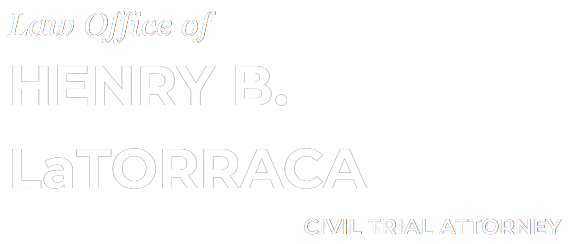The Americans with Disabilities Act is designed to protect disabled individuals from systematic discrimination that has been known to occur throughout the nation. However, what happens when ADA business litigation goes too far? In California, some small businesses are facing bankruptcy because of serial ADA suits. So far, about 80 businesses and others in the South Bay have been targeted by a single man, who is alleging that he is unable to access their facilities because of ADA violations. One dry cleaner said he is unlikely to be able to stay in business after the plaintiff hit him with a $10,000 suit for failure to provide handicapped parking.
The litigation is “ethically ambiguous,” according to news reports in the area, as the man claims that he visited dozens of retailers and other businesses throughout the area on a single, short vacation. The man is definitely not a stranger to filing such civil suits, as he has sought compensation from several hundred businesses throughout Fresno, San Diego and Inland Empire.
Business litigation from ADA suits is a multimillion-dollar industry, with communities increasingly being hit with serial claims. One plaintiff, a New York City man, has even been characterized as “hell on wheels” after filing nearly 90 federal ADA claims in just one year. California has taken some steps to protect businesses, including banning demand-for-money letters, which ask businesses to pay a set amount in order to have the cases against them dropped. Mandatory damages have also been limited to just $1,000 in some cases. Businesses are still required to have a consultant check out their disability access; that simple measure can protect them from a variety of unfair civil litigation.
Business litigation through the ADA is designed to protect disabled individuals who deserve the right to access certain services. When it becomes a question of abuse, however, legislators are correct to intervene and protect commercial interests. Businesses that have been unfairly targeted may benefit from the assistance of a qualified California attorney.
Source: San Jose Inside, “South Bay Business Owners Targeted by Serial ADA Lawsuits” Jennifer Wadsworth, Jan. 29, 2014





